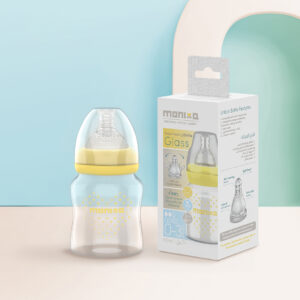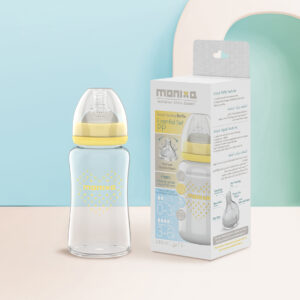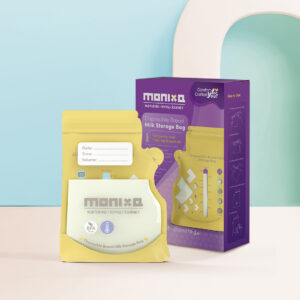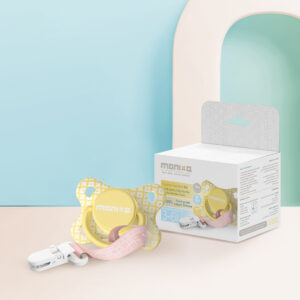Welcoming your newborn and beginning your breastfeeding journey is a joyful experience, but it can also come with a learning curve. Many new mothers face challenges in the early days of breastfeeding – and that’s completely normal. With the right tips, support, and a little patience, you can overcome obstacles and gain confidence. This article provides practical breastfeeding advice for new moms, delivered in Monixa’s warm, empowering tone, to help make nursing your baby a successful and positive experience.
Preparing for Breastfeeding Success
- Early start and skin-to-skin: If possible, begin breastfeeding within the first hour after birth – this early start is recommended by experts to help babies latch and stimulate milk production. Keep your newborn in skin-to-skin contact on your chest right after delivery to encourage their natural instinct to nurse and to help your body kickstart milk production.
- Set up your space: Create a comfortable nursing area at home. This could be a cozy corner with a chair, a side table, and supplies like burp cloths and water for hydration. Comfort and calm go a long way in supporting consistent nursing sessions.
Mastering Latch and Positioning
A good latch is key to comfortable and effective breastfeeding. Both you and your baby are learning, so be patient with yourselves. Keep these tips in mind:
- Positioning matters: Hold your baby tummy-to-tummy and support both their body and your breast to allow for a deep, effective latch.
- Look for a wide mouth: Your baby’s mouth should open wide to take in not just the nipple but a good portion of the areola. If it hurts, gently detach and try again.
- Listen and observe: You should hear soft swallowing and see rhythmic jaw movements. Clicking sounds or pain could mean you need to adjust the latch.
Feeding on Demand
Newborns typically nurse 8–12 times a day. It might feel frequent, but it's important for establishing your milk supply and meeting your baby’s needs. Look for early hunger cues like rooting, sucking on hands, or restlessness. Crying is a late sign of hunger, so try to feed before baby gets too upset.
Let your baby set the pace. Some feedings will be quick, others longer. As your baby grows, they’ll naturally settle into a rhythm. Trust your instincts, and know that frequent nursing is normal in the early weeks.
Practical Tools: Breast Milk Storage Bags
If you’re returning to work or spending time away from your baby, expressing and storing milk can be a helpful strategy. While Monixa does not sell pumps or nursing pillows, we offer breast milk storage bags [[Link the product]] designed to preserve your milk safely and conveniently. These bags are ideal for storing milk in the fridge or freezer, and they make it easy to feed your baby with a bottle when you're not around.
Taking Care of Yourself
Breastfeeding can be physically and emotionally demanding. Don’t forget to care for yourself:
- Stay hydrated and well-fed: Drink plenty of water and eat balanced meals to support your energy and milk supply.
- Rest as much as possible: Sleep when your baby sleeps, and don’t hesitate to ask for help from your partner or family.
- Seek encouragement: Talk to other moms, join support groups, or speak with a lactation consultant if you need help or reassurance. You're not alone on this journey.
Conclusion
Breastfeeding is a unique journey for every mom and baby. While it comes with challenges, it's also filled with opportunities for connection and growth. By staying informed, trusting your instincts, and reaching out when needed, you’re setting yourself and your baby up for success.
Monixa is here to support you with essentials like breast milk storage bags that help make breastfeeding more flexible and manageable. No matter how your journey unfolds, know that you're doing an amazing job.


 Tools
Tools .svg)






















